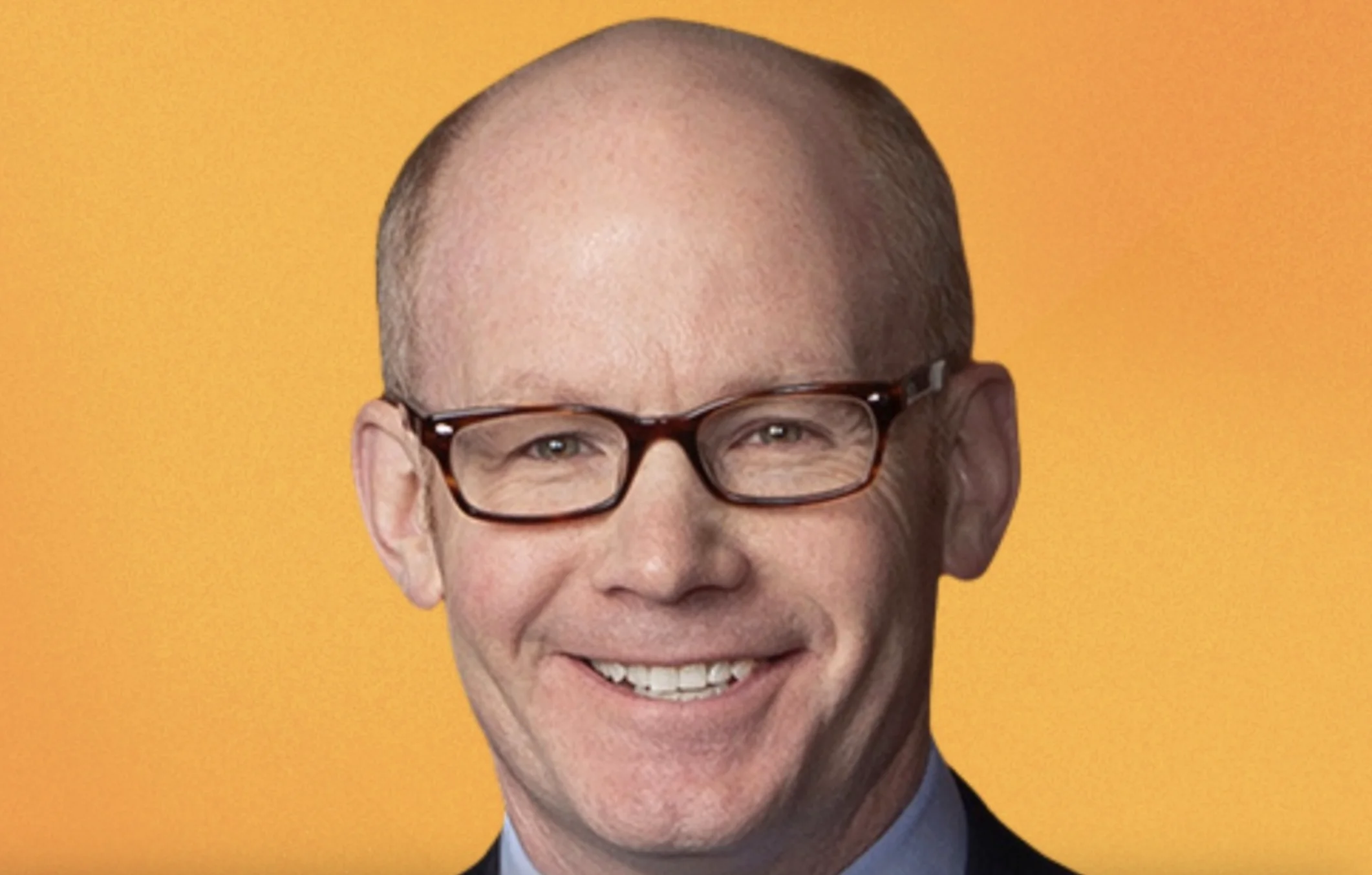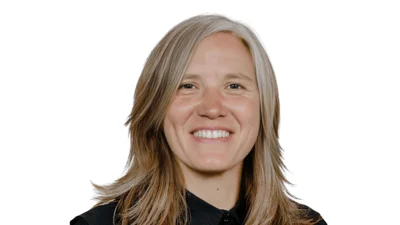Senate President Don Harmon, D-Oak Park, faces a proposed $9.8 million fine after an Illinois State Board of Elections hearing officer found his campaign knowingly accepted contributions above legal limits. | Facebook / Senate President Don Harmon
Senate President Don Harmon, D-Oak Park, faces a proposed $9.8 million fine after an Illinois State Board of Elections hearing officer found his campaign knowingly accepted contributions above legal limits. | Facebook / Senate President Don Harmon
In a 15-page report filed with the Illinois State Board of Elections on Oct. 7, hearing officer Barbara Goodman concluded that Senate President Don Harmon’s campaign violated state campaign finance laws by accepting millions in excessive contributions and recommended the Board uphold its $9.8 million fine.
Goodman’s report— the legal backbone of the case appealed by Harmon—resulted in a deadlocked Board vote on Oct. 21.
It concluded that Harmon’s campaign either “either changed its interpretation” of the law or “simply chose to ignore it.
Harmon, who has served as senate President since 2020, notably co-sponsored the law he is accused of breaking.
Goodman’s report makes a case for the Board’s unprecedented fine, laying out how one of Illinois’ most powerful legislators is in conflict with the campaign finance laws he helped shape.
“This matter arises out of the issue of self-funding and how long the contribution limitations remain lifted subsequent to the filing of a Notification of Self-Funding,” Goodman wrote in a Report of Hearing Examiner she filed with the Illinois State Board of Elections. “The facts are largely not in dispute.”
At issue is whether Harmon violated a state statute that limits campaign contributions during defined election cycles.
Under the law, General Assembly candidates may not accept contributions exceeding $5,000 from individuals, $10,000 from corporations or unions, and $50,000 from other political committees, unless they or their family members self-fund their campaign above $100,000, which lifts the caps for all candidates in that race.
Harmon’s campaign invoked that self-funding exemption in January 2023, when he loaned his committee $100,001, but Goodman found that the exemption legally expired after the March 2024 primary election.
Goodman found that despite explicit notice, Harmon’s campaign accepted millions in contributions after the primary without filing a new self-funding notification. She also detailed how the committee ignored warnings from the Board’s campaign disclosure division.
In a letter dated March 19, 2025, the Illinois State Board of Elections told Harmon's campaign that it had exceeded legal contribution limits.
The letter gave the committee 30 days to return the excess funds to donors or donate an equal amount to charity and warned that failure to comply could result in a civil penalty of up to $6.1 million, including 150% of the overage and $4.07 million forfeited to the state’s General Revenue Fund.
“The Committee failed to comply with the terms of the Division’s March 19, 2025 letter and was subsequently advised in a June 4, 2025 letter that a civil penalty would be assessed in the total amount of $9,846,475,” Goodman noted.
According to the report, Harmon argued that the self-funding exemption should have remained in effect until his next appearance on the ballot, likely in 2026—a claim that Goodman dismissed.
“The Committee has made some interesting albeit unsupported arguments,” Goodman wrote.
She also rejected Harmon’s claim that the state’s “election cycle” definition was ambiguous.
Goodman noted that Harmon’s campaign had followed these very rules on multiple prior occasions from 2020 to 2024.
“According to the Division and not contested by the Committee, Harmon has filed a Notification of Self-Funding on five occasions,” Goodman wrote.
The report concluded that the “Candidate and Committee’s conduct inexplicably changed when it did not file a Notification of Self-Funding after the March 19, 2024 election and no cognizable justification was given for its failure to do so.”
“[T]he evidence establishes that the Committee did, in fact, exceed the contribution limits and that the assessment of civil penalties was appropriate,” Goodman wrote. “Accordingly, it is my recommendation that the appeal be denied and that the assessment of penalties stands.”
The Illinois State Board of Elections, composed of four Democrats and four Republicans, took up Goodman’s recommendation at its Oct. 21 meeting, but with a deadlocked 4-4 vote, the nearly $10 million fine is not yet enforceable.
A Democrat from Oak Park, Harmon represents the 39th Senate District, which includes Chicago's Austin neighborhood and the suburbs of Oak Park, Addison, Bensenville, Elmwood Park, Franklin Park, Melrose Park, Northlake, River Grove, Rosemont, Schiller Park and Stone Park.
He was first elected to the State Senate in 2002.
The matter is expected to be taken up again at the ISBE’s next meeting on Tuesday, Nov. 18 at 9 a.m.






 Alerts Sign-up
Alerts Sign-up